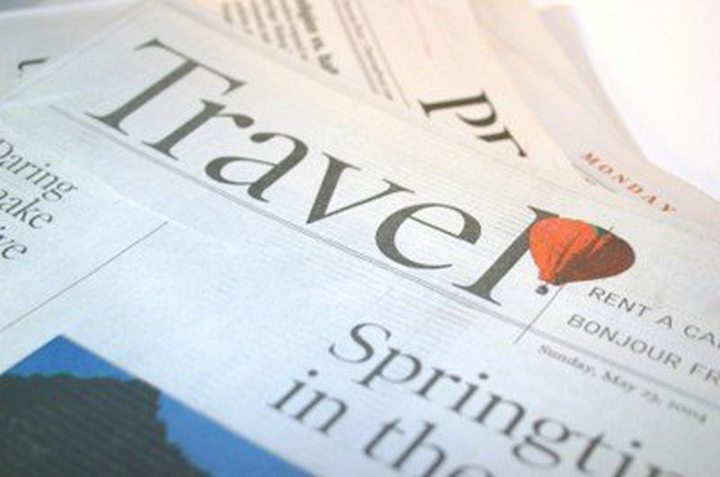Global Payments Require Flexibility

However, if hoteliers want to capture their share of international demand, understanding global payment trends and implementing practices that reflect them is crucial, sources said.
In most emerging markets, such as Brazil, India and China, Western credit cards typically are not used, said Scott Booker, president of Hotels.com Worldwide at Expedia, during the company’s conference last month in Las Vegas.
The upper class do have Western credit cards, and “they can use them,” Booker said. “But that’s a very small piece of the overall market, particularly in China and India.”
The middle class might have Western credit cards, but if they do, they have very small limits, he said.
These markets operate in cash-oriented business environments, Booker said. In India, many hotel operators set up local entities, particularly within Indian banks, so consumers can go in and pay.
“That’s something we’re moving forward with,” Booker said.
In Brazil, the culture of using credit cards for all kinds of payments is widespread, according to Christina Munte, operations director of branding and product identity at Atlantica Hotels International in Brazil. “All our hotels are booked and reservations are guaranteed through credit cards,” she said.
However, consumers in Brazil do not like paying upfront, Expedia CEO Dara Khosrowshahi told HotelNewsNow.com. “They like paying over 10 different payments,” he said.
Installment payments are very popular in Brazil, Booker confirmed. These consumers are accustomed to having the option of paying for items upfront or within 10 payments at their local shops.
Adapting to consumers’ needs
To meet what consumers in Brazil are looking for in the payment process, in the summer of 2012, Expedia launched the option to pay in installments on its Brazilian website, Booker said.
When consumers get to the checkout page, they realize there are more payment options than there were before, he said.
After the launch, the company completed testing and also found that Brazilian customers did not respond well to the number of lines provided to input their addresses on the payment page.
Multiple lines to input a name and address for credit-card information is not the norm in Brazil, Booker said, so Expedia made this change on its payment page to facilitate the process for its Brazil-based customers.
As for its consumers in China and India, where credit cards are not as prevalent, Expedia executives hope the Expedia Travel Preference program will benefit cash-paying consumers and help the company increase bookings and revenue.
The program allows customers to decide whether they would like to pay at the time of the booking or upon check out at the hotel.
Expedia’s Khosrowshahi believes the program is a significant opportunity to further tap into the Chinese market.
“You really have to go market by market, but it does allow us to be a lot more flexible on payment terms,” he said.
He also expects the program will be a hit with European customers where consumers are comfortable with those kinds of transactions.
For Carlson Rezidor Hotel Group, issues regarding credit-card payments in India and China are nonexistent, according to Lucinda Semark, executive VP of revenue generation for Asia/Pacific at Carlson Rezidor Hotel Group.
The company simplifies the process for its consumers and offers them a variety of options.
“Guests are offered the choice of using international or domestic credit cards, cash, or they can charge to their company account if the company has a credit line with the hotels,” Semark said.





